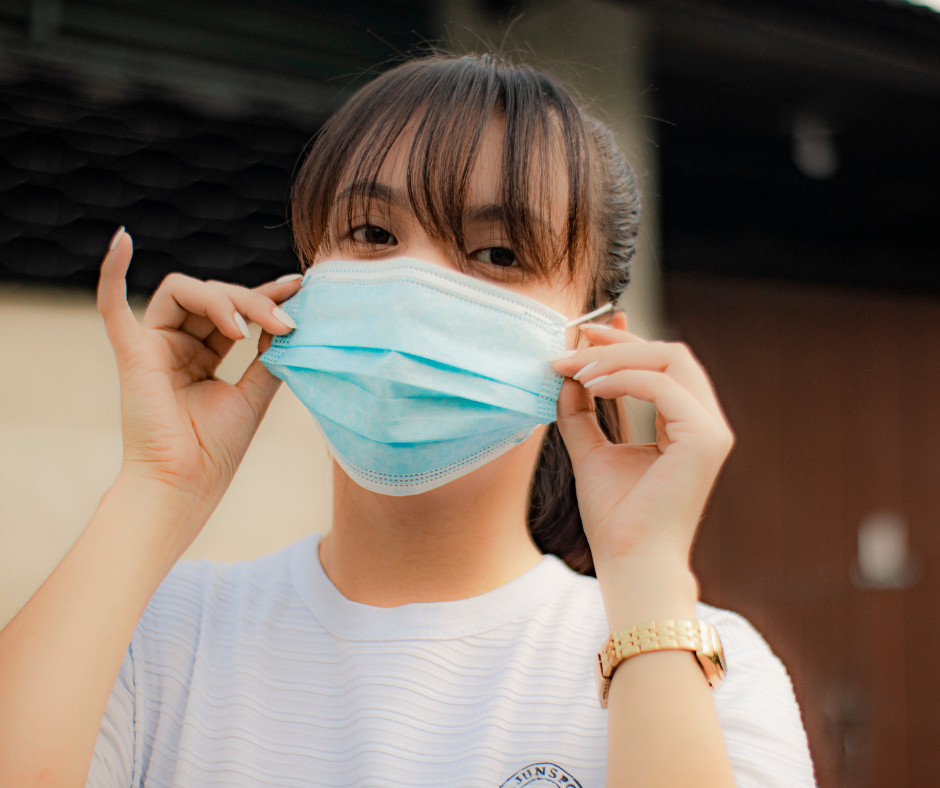Mask Requirements
Mask Requirement Update

Greetings Everyone-
As the US and world starts to see what the approaching end of the pandemic could be, we will continue to stay vigilant in regard to the illnesses we are monitoring. With the recommended vaccinations and following safe care practices there have been notable decreases in hospitalizations and positivity rates for COVID. Having said that, I wanted to share the change in masking requirements for FFH. Please review the following information.
Mask Requirements-
Effective immediately- we will no longer require caregivers, patients, and visitors to wear a face mask while on the property. Masking is optional and may be worn if desired.
Exceptions are as follows:
Vaccinated Caregivers-
Face mask and required PPE to be worn when caring for patients that are suspected and/or confirmed COVID positive. Also, it is highly recommended that a face mask be worn if suffering from respiratory symptoms.
Unvaccinated Caregivers-
All unvaccinated caregivers (for Flu, and/or COVID vaccine), are to wear a face mask in all areas. Exception being when eating or drinking.
Patients and Visitors-
Patients and visitors are required to wear a face mask while in the hospital if they present with respiratory symptoms or suspected COVID illness. If the visitor is in to see a COVID positive patient, they are required to utilize all the required PPE for the duration of the visit when in the room.
As an organization, it is our philosophy to lead by example and help to ensure that we are doing what is needed to keep ourselves, our patients, and our community safe. This is especially important as we enter flu and cold season.
We have an ample supply of flu and COVID vaccines, so if you are interested, please call 337-828-5099 to schedule.
We will continue screening for respiratory illness, and, if the patient requests the caregiver wear a face mask. We will honor that request.
Kind regards,
Mary M. Rios, MHA, BSN, RN, CMSRN
Chief Nursing Officer
Franklin Foundation Hospital



